Earth is facing unprecedented attacks on its ecosystems, from deadly ozone-attacking gasses to deforestation that’s literally ripping out the lungs of the world to a mountain of discarded polysynthetic clothes in the country of Chile that can be seen from the sky. For 14 years, no rain has fallen in Alto Hospicio or the surrounding Atacama Desert region, where tons of clothes are discarded from all over the world.
The dry conditions of the desert, coupled with the nonbiodegradable, predominantly synthetic, petroleum-derived fibers used in modern clothes, meant that the pile never shrank. Instead, for more than two decades, it grew, and with every discarded item, it grew so large it could be seen from space. Startups like Ecocitex are helping solve the issue by recycling discarded clothes and turning them into raw materials. However, the problem requires government action.
On that front, efforts have been underway since 2016 to add textiles to the Extended Liability of the Producer law, or REP law for short, which makes producers and importers accountable for wasting specified materials. Tomás Saieg, head of the Chilean environment ministry’s Circular Economy Office, said to National Geographic, “Converting Chile from a junkyard into a recycling hub would be the dream, but first we have to add textiles to the REP law.
Collective Devastation: Human Rights, Environmental, Late Stage Capitalism
Considering the speed at which fashion trends come and go, and the recent enormous transfer of wealth to billionaires from the middle and working class, it’s only natural that today’s shoppers would be happy to find affordable fashionable options that keep up with fashion trends.
Now add on deeply acculturated consumerism that has people fist-fighting over travel cups and coveting the latest fashion trend that a social media star just talked about, and we have all the ingredients for fast fashion brands to rise like flames for the fashion-hungry moths to gravitate towards.
Fast fashion, pushed by giant brands like Zara, H&M, Forever 21, SHEIN, Fashion Nova, ASOS, and more, has made these companies some of the biggest faces of modern consumerism. These brands are also some of the biggest representatives of unsafe working conditions and wage theft of workers who are often forced to work more than 75 hours per week.
The human devastation these brands, individually and collectively, are causing is, sadly, not being taken seriously by the consumers who continue to provide billions of dollars a year to each of these companies.
As that $8 shirt is shipped from across the world in plastic bags that will end up in landfills, the fast fashion industry also consumes around 93 billion cubic meters of water a year. That’s enough to meet the water needs of as many as 5 million people. Moreover, according to the UN, this industry is responsible for 2 to 8 percent of global carbon emissions.
Fast fashion’s water impact and carbon emissions are not the only issues, though. The environmental impact of this industry runs deeper, not to mention the social impact side of the coin. The more is known about it, the more informed decisions can be made.
The dark side of fashion needs as much light shone on it as possible.
The rise of fast fashion
Because of the clear harm that the fast fashion industry is causing, it’s
one of the most talked about problems in conversations about fashion, sustainability, and environmental conservation. The term itself, “fast fashion,” refers to clothes that are cheaply and quickly made based on the latest trends, allowing brands to fully capitalize on the hype without making big investments.
While fast fashion has skyrocketed in recent years, it has been around since the early 1990s, starting with the fashion store chain Zara’s lighting-fast supply chain. The design, production, distribution, and marketing of fast fashion are lightning-fast, which is how fast fashion brands can offer so much variety at such low prices.
However, if there’s a piece of life wisdom that most people know, it’s that nothing in life is free, everything comes at a price. The price of getting dirt-cheap clothes quickly delivered to our doorstep is paid not only by the environment but also by millions of workers who barely get paid for back-breaking, often unsafe work.
The dark side of fast fashion
As a business model, fast fashion is undeniably profitable, but if we dive deeper, is the damage really worth it? From water depletion to carbon emissions, the industry is notorious for its trail of destruction. It’s also notorious for its waste. As of 2023, 97 million tons of textile waste pile up in landfills every year. This number is predicted to continue rising, with the average American discarding as much as 81.5 pounds of clothes every year.
Moreover, clothing usage has plummeted by almost 40% as people only use garments 7 to 10 times before they dispose of them. The lower the quality of the clothing is, the faster it’s discarded. By 2030, the fashion industry's global emissions are poised to skyrocket by 50% if nothing is done about fast fashion’s impact. When it comes to water waste, fast fashion accounts for 20% of global wastewater.
Not only that, fast fashion also pollutes water resources due to practices like fabric dying and treatment, which involve chemicals. Those chemicals are infused into the water, including things like heavy metals, pesticides, dyes, oil, phenol, and more. In turn, that polluted water can contaminate streams and groundwater. If that water is used for irrigating crops, the food growing out of them will also be contaminated.
Synthetic fibers like polyester and nylon, which are staples in fast fashion, pose yet another threat. These materials take centuries to biodegrade, shedding microplastics with each wash. Those microplastics find their way into the oceans, contaminating marine life and ecosystems. It’s estimated that 35% of ocean microplastics come from textile laundering.
Of course, the impact of fast fashion extends beyond the environment. In developing economies, where much of fast fashion production takes place, exploitation is a huge issue. Forced labor, child labor, and awful working conditions are staples in the industry. As is often the case, marginalized communities bear the brunt of it.
A better alternative to fast fashion
As more and more people become aware of the high cost of fast fashion, the slow fashion movement gains more traction. This movement advocates for sustainable practices, mindful consumption, and ethical production. Leaning on slow fashion practices can be an antidote to the rampant consumerism fast fashion inspires.
A lot of people rely on fast fashion because they feel it’s their only alternative to creating a wardrobe. After all, high-quality pieces that are made to last are investments and they can be quite expensive. However, it’s important to remember those aren’t the only options. While saving up to build a more sustainable wardrobe is possible, alternatives like recycling, thrifting, and even renting clothes are great ways to exercise your power as a consumer to effect change. Of course, it’s also possible to abstain from buying clothes altogether when you already have a wardrobe you can work with.
No matter how attractive fast fashion may be, its cost to our planet and our fellow humans is a high price to pay. On this Earth Day, you can be more mindful of how your consumer choices accelerate climate destruction. You can also learn ways to decelerate it by creating more sustainable habits, such as adjusting your attitude about clothes, being more mindful of the clothes you buy, and choosing carefully what kind of brands you support with your hard-earned dollars.
From Your Site Articles
Related Articles Around the Web




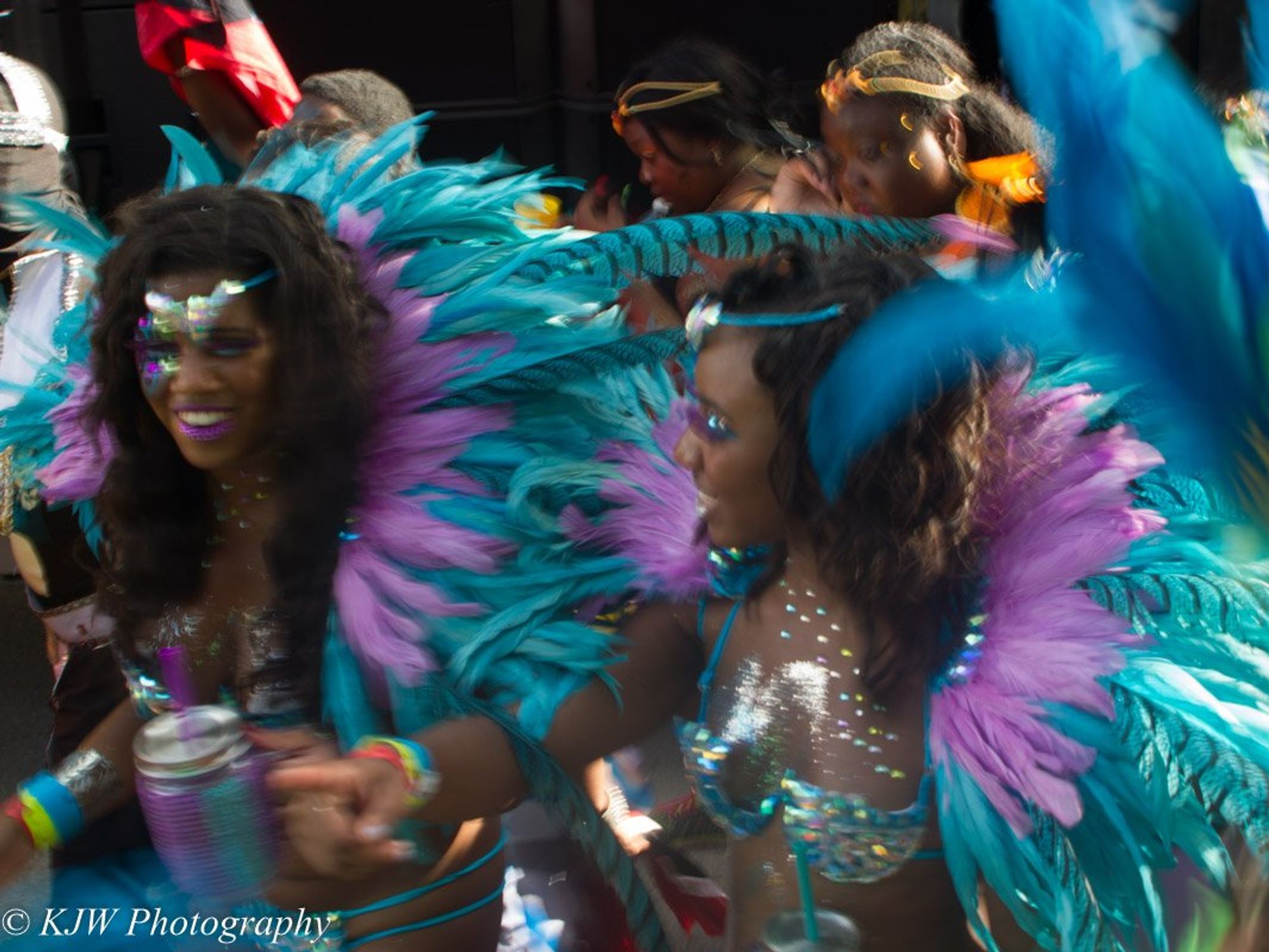
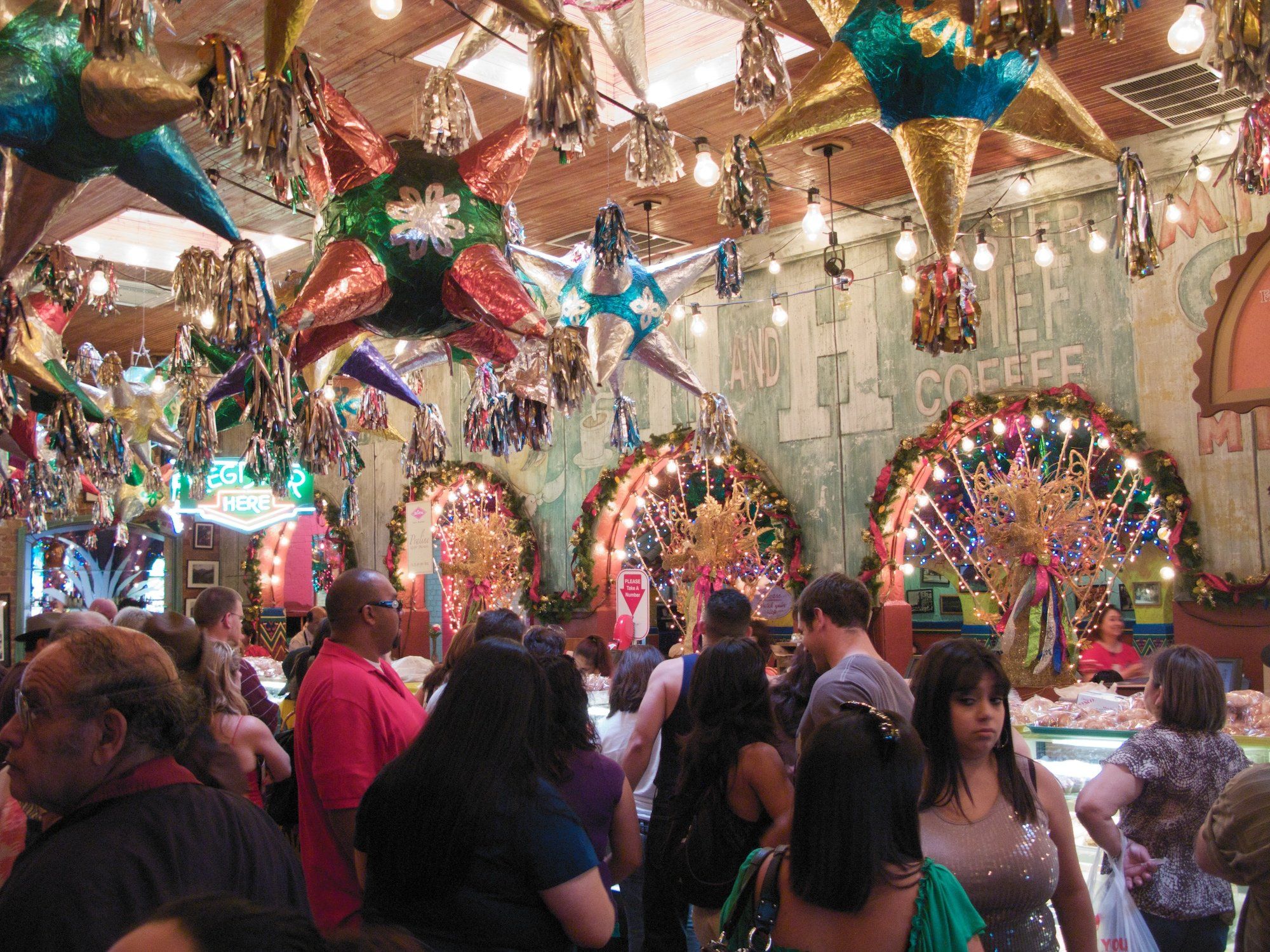

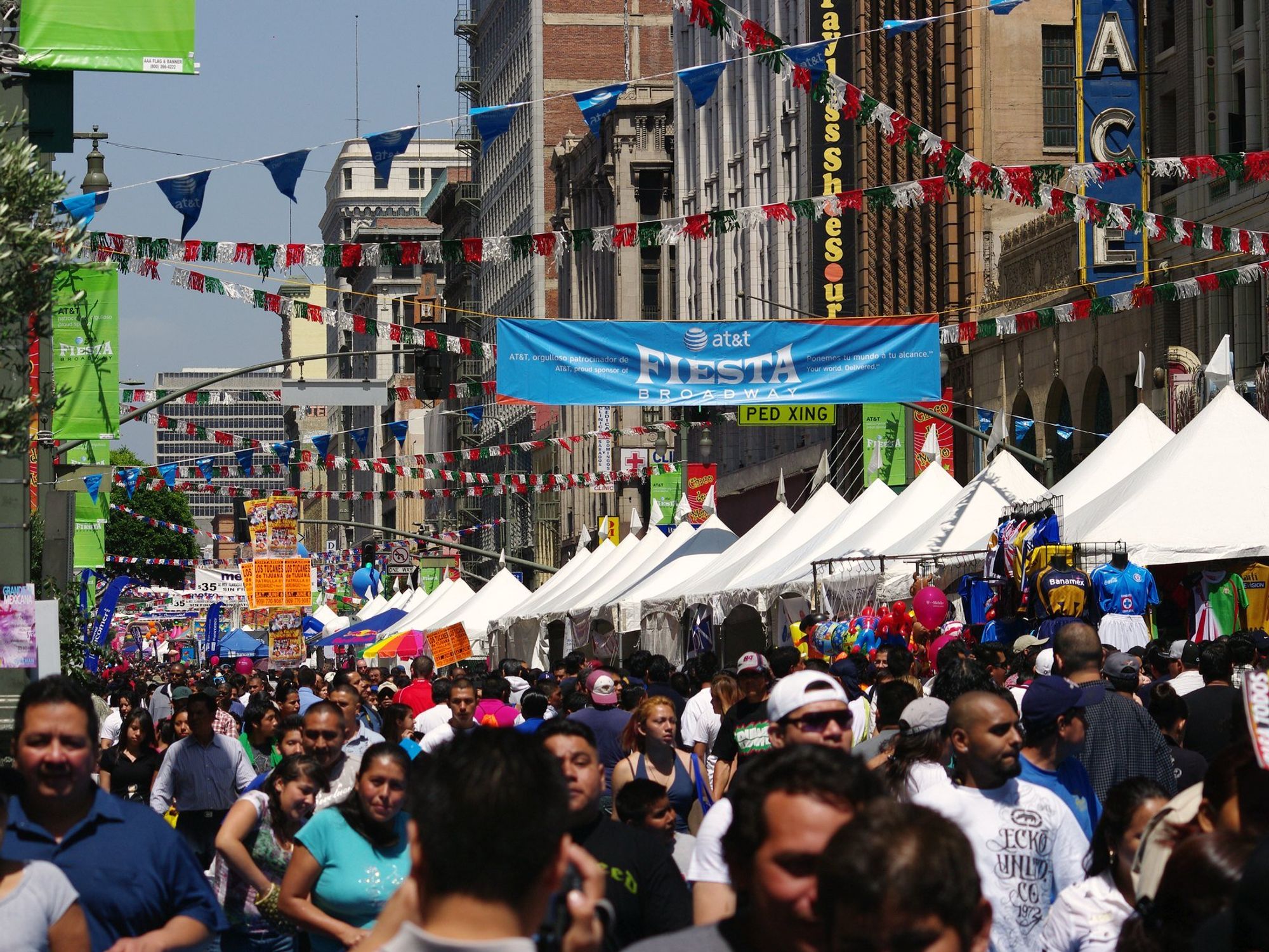

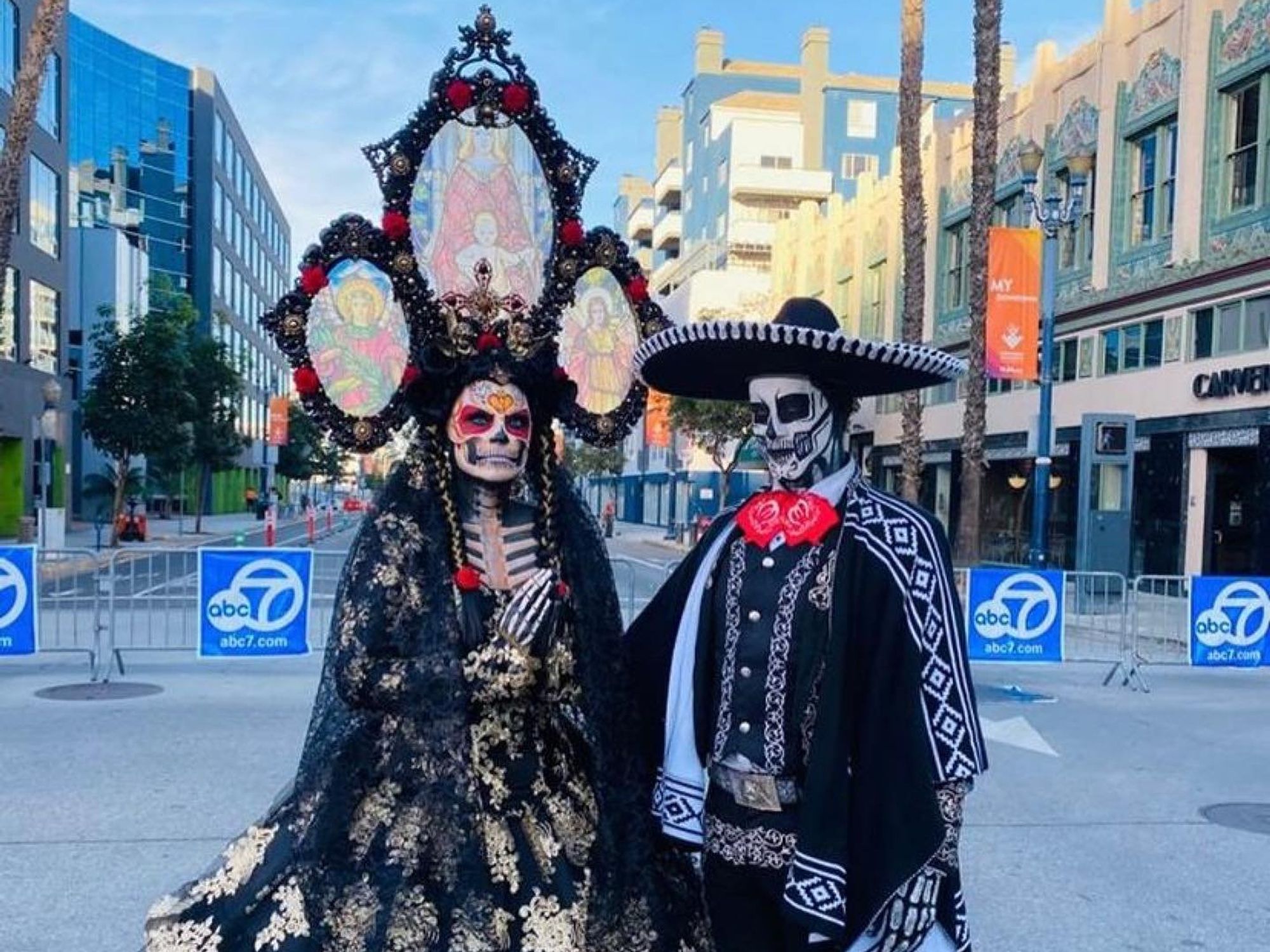
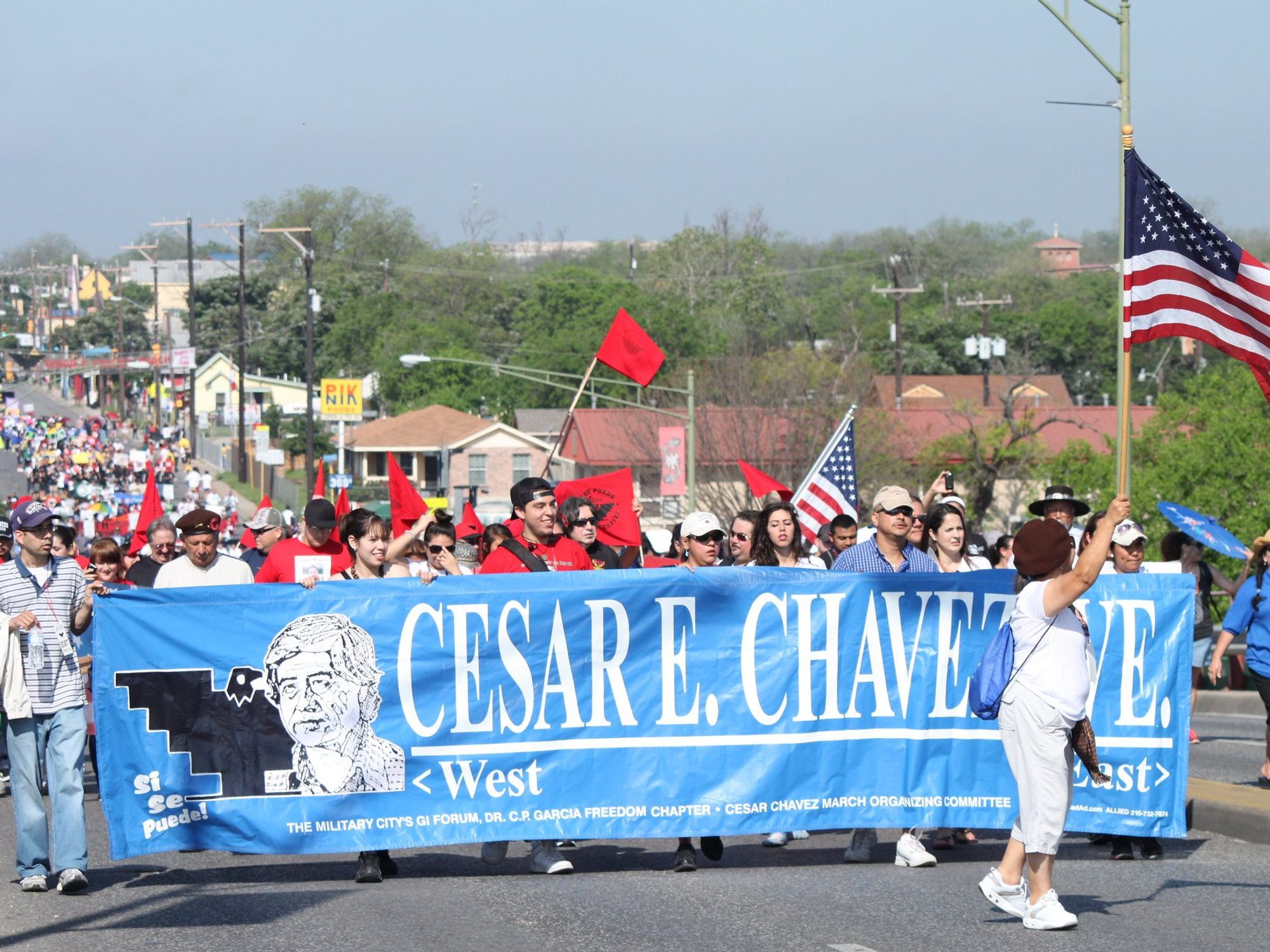
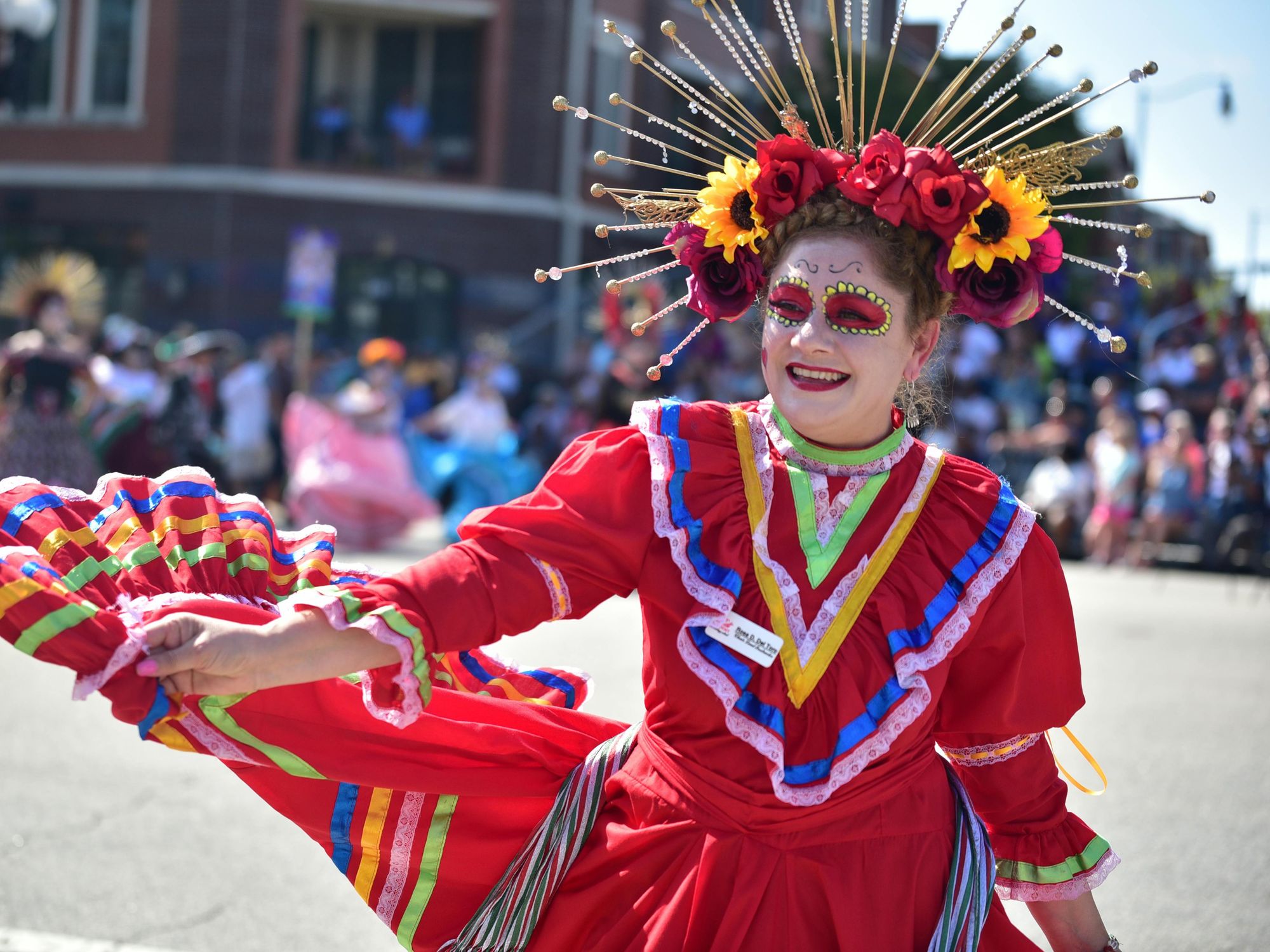
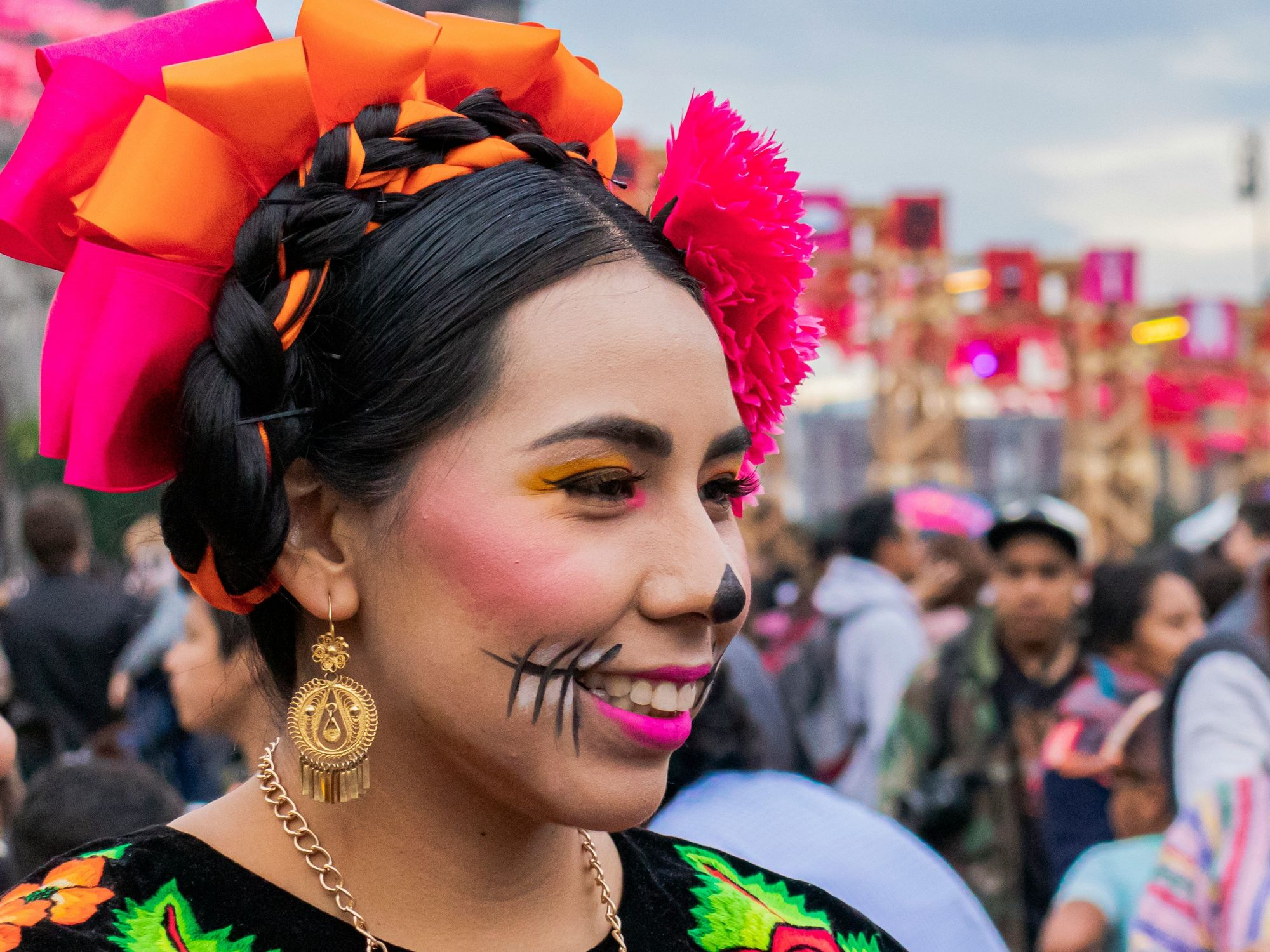 Photo by
Photo by 










